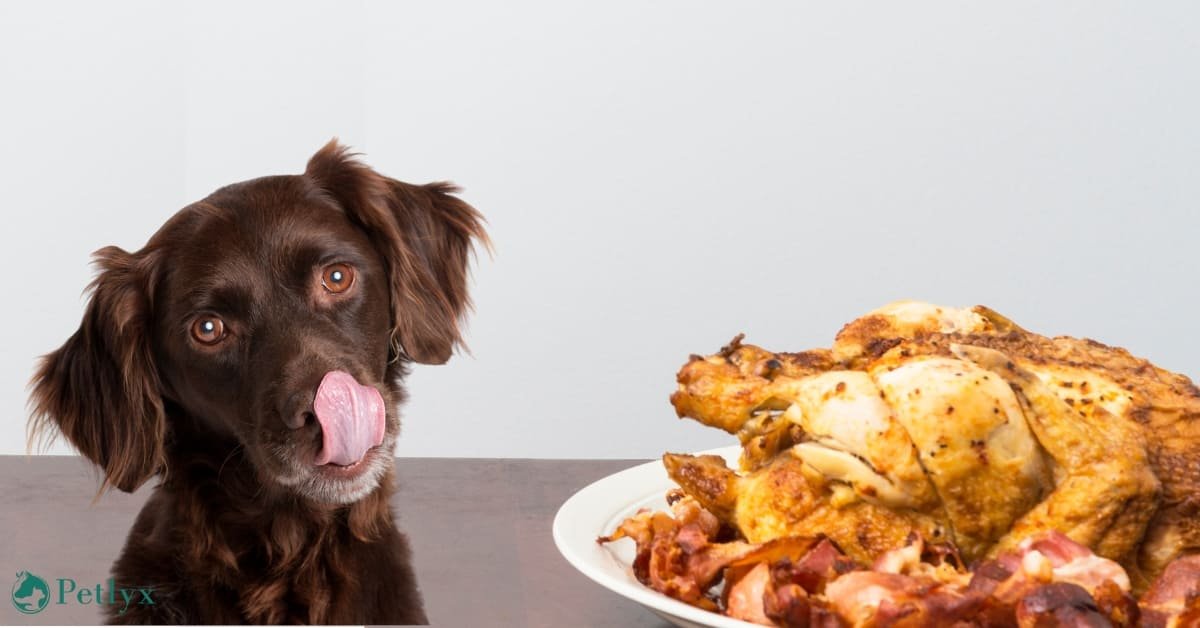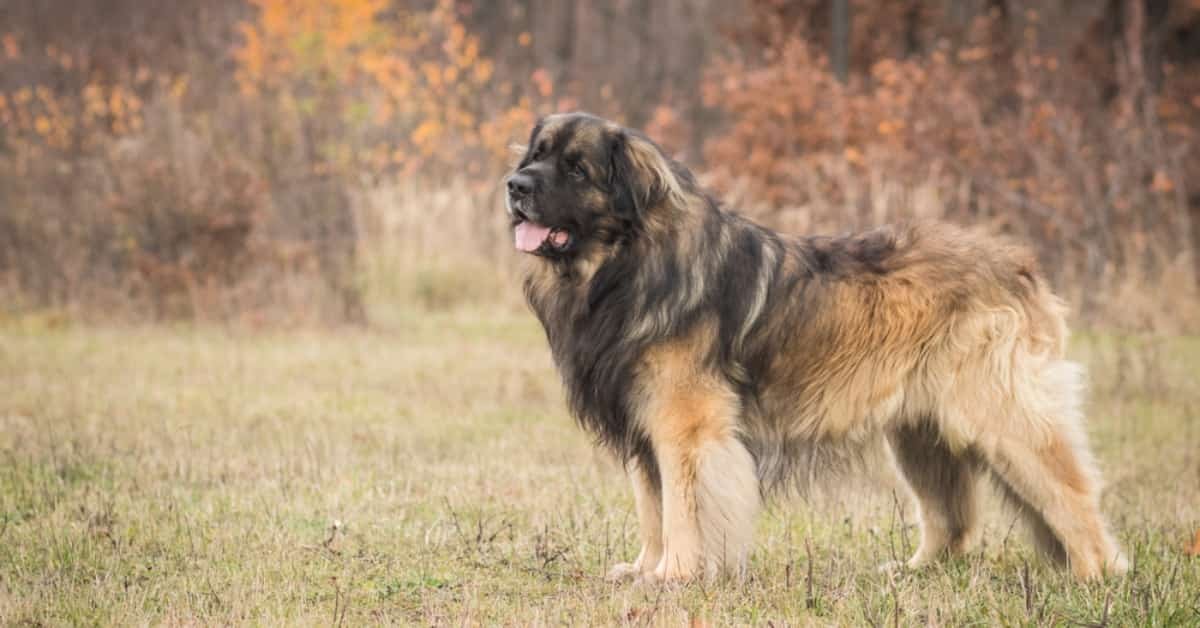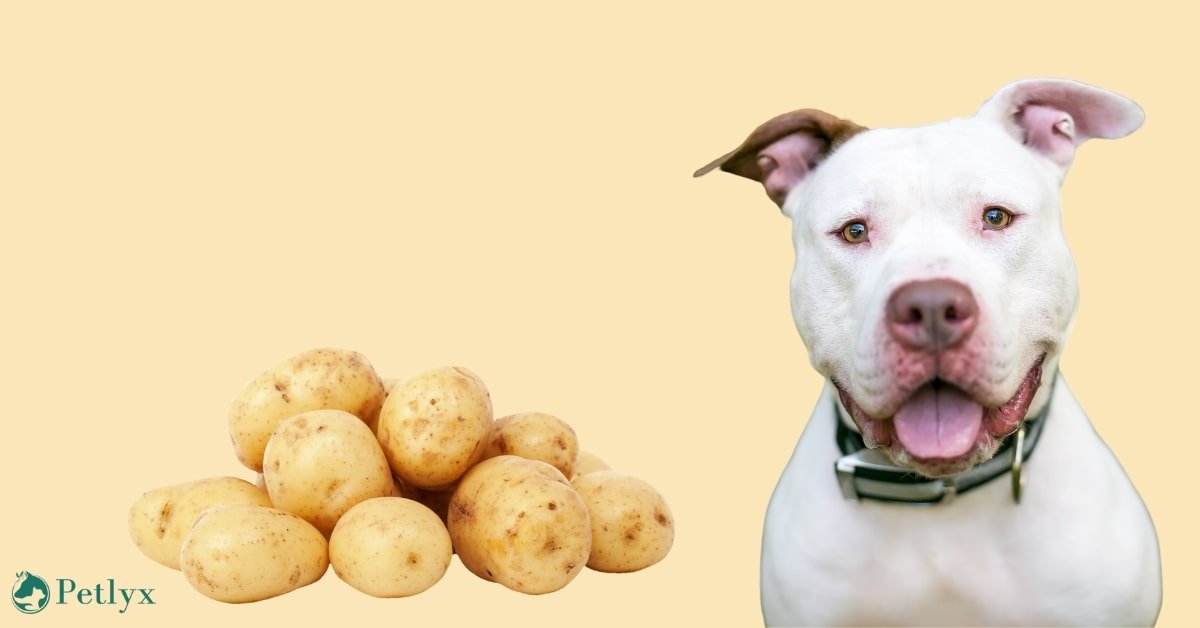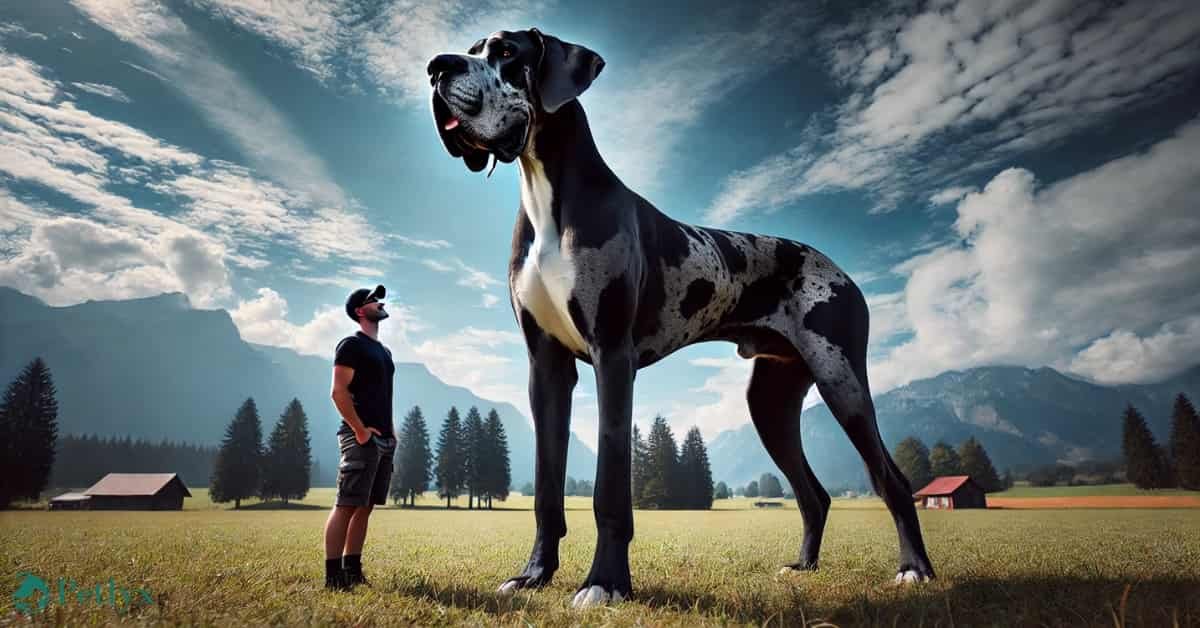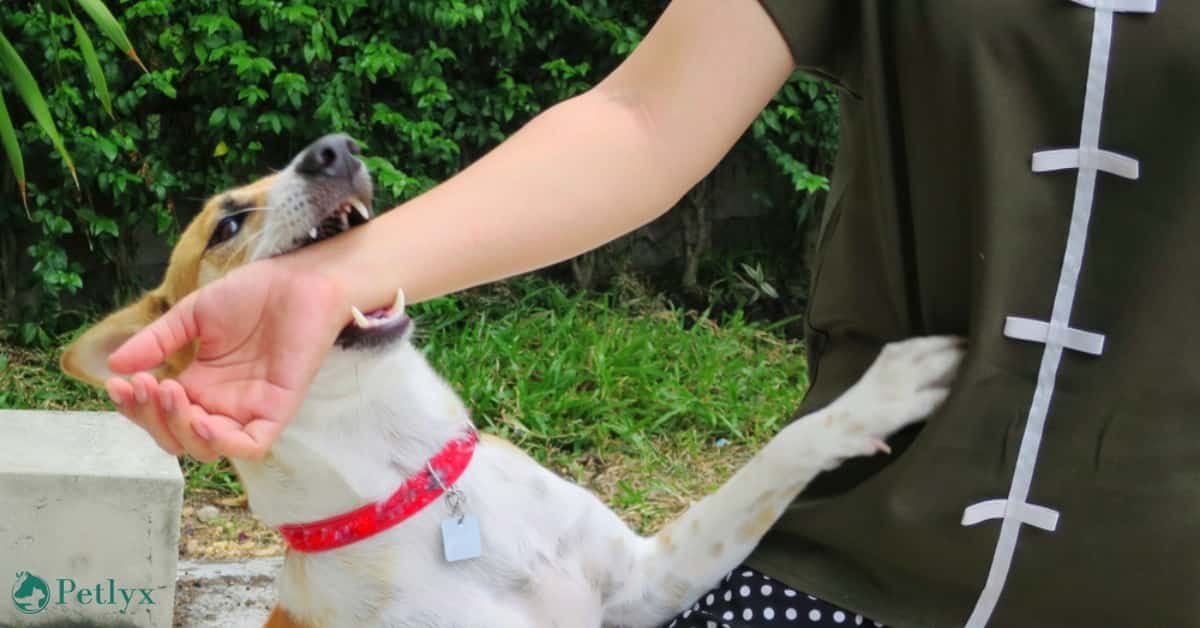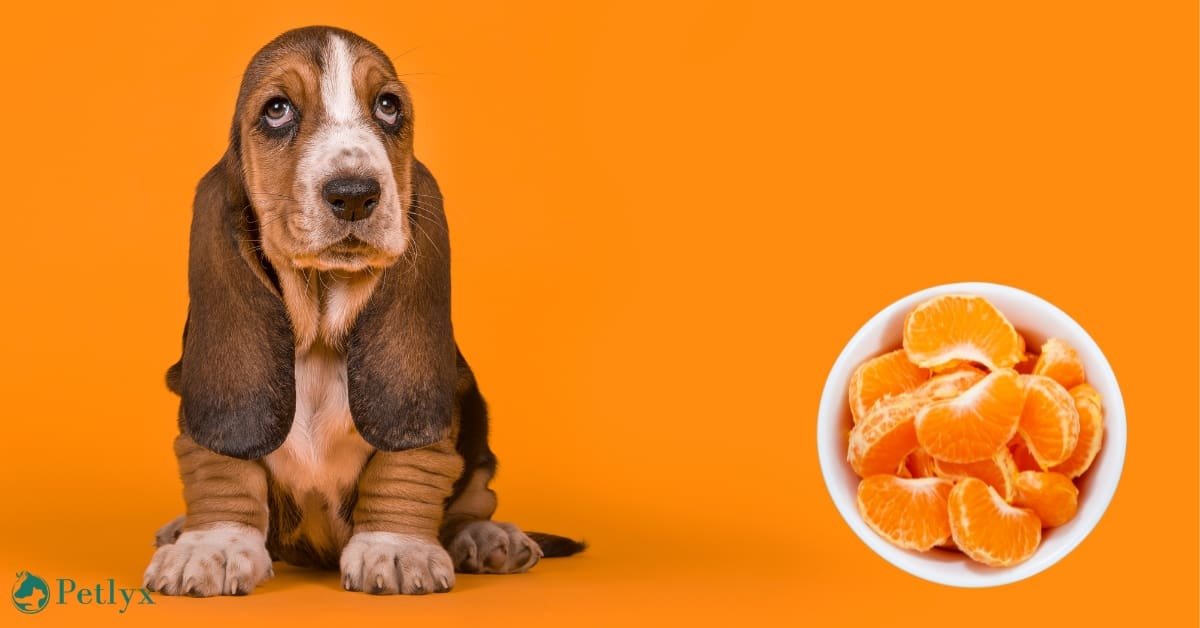Every pet owner wants to know what foods are safe (and not) for their furry friends so they can feed new and exciting things to their dogs. Corn, being one of them, is often brought up in such conversation. “Can dogs eat corn?” Yes, as long as it is fed in moderation to dogs, there should not be a problem. So today, in this article, we will discuss if corn is good and safe for dogs, how it should be prepared and what are the possible benefits or drawbacks. Let’s begin and explore every detail below!
Is Corn Good for Dogs?
Corn is perfectly safe for dogs to eat. It is not toxic and can also be healthy. Many human diets have corn as a staple, and the same goes for dog food. However, it is important to know all the benefits and risks of it before feeding it to your beloved pets. Corn can be found in many dog food products nowadays as it offers a good source of carbs and protein and also provides all those essential fatty acids.
Some forms of corn, however, are not suitable for dog consumption. For instance, corn cob is a big choking hazard and can cause gastrointestinal blockages if swallowed. In other words, plain cooked corn kernels are OK, but you must remove the cob and any additional additives that can be dangerous.
Feeding Raw Corn To Dogs
You can feed raw corn to dogs in moderation, but it is not the best treat. Raw corn can be difficult for dogs to digest, leading to stomach upset, gas, or diarrhea. So it’s best to avoid it, as better alternatives already exist in the market.
What Types Of Corn Can Dogs Eat?
Corn comes in different types. But don’t worry. Dogs can eat most of them in moderation as long as they don’t contain preservatives or added flavours, sugar or salt. You can feed your dog whole corn, cooked corn, baby corn, raw corn, and even frozen corn, but make sure not to remove the husk and corn cob first.
Popcorn is also made from corn kernels and is widely recognized as a must-have movie snack. Popcorn is very different from other forms of corn snacks. If you want to share some popcorn with your dog, do so but in moderation.
Can Dogs Eat Corn On The Cob?
A dog should never be allowed to eat corn on the cob without supervision. It can be very dangerous. Dogs love to chew on corn cobs, but there is a lingering risk of them swallowing the cob or biting down a big chunk of it down their throat. This can lead to choking as the corn cob can get stuck in its throat, which can be quite dangerous, as you would have guessed. Corn cobs are also too big to be digested and can not pass through the gastrointestinal tract. Thus, they stay in your dog’s stomach for a long time, leading to severe health consequences and might require expensive surgeries to be removed. In more complex or unclear cases, the veterinarian might conduct a CT scan (computed tomography scan) to help diagnose if a dog has swallowed a corn cob when X-rays are not enough to locate the position of the corn cob in your dog’s stomach.
How Long Can A Corn Cob Stay In A Dog’s Stomach?
Corn Cobs are very hard to digest as they usually don’t break down inside the dog’s stomach and are too big to pass through the gastrointestinal tract. Corn cobs can stay in your dog’s stomach for days, weeks, and, in some severe cases, even months, leading to severe health complications and possible injuries.
Can Dogs Digest Corn Husks?
Corn husk, just like corn cob, is hard to digest and can become a choking hazard. Eating corn husks can lead to intestinal blockage and other health complications. If you see symptoms such as abdominal discomfort, lethargy or vomiting in your dog after it ate corn husk, immediately contact your vet.
Nutritional Benefits of Corn for Dogs
Here are some of the nutritional benefits of corn
1. Carbohydrates
Carb intake is necessary to sustain enough energy and ensure the well-being of your pet. Corn is one beneficial source of carbohydrates.
2. Protein
Corn also contains some protein, which helps your muscles to grow and repair. It is not a protein source that can be compared to meat, but it still helps with your dog’s overall intake.
3. Fiber
Corn is a good source of fiber for gut health. It helps in regulating bowel movement and other digestive disorders.
4. Essential Fatty Acids
Corn contains essential fatty acids, or omega 6, which have a positive effect on skin conditions and coat lustre.
Feeding Corn To Dogs: Exploring The Risks
While corn may have its advantages, the crop is not without its drawbacks:
Allergies
Some dogs are allergic to corn, which presents with skin issues or digestive upsets. If you see any signs of adverse reactions when introducing corn into your dog’s meal, visit the veterinarian and stop feeding corn to your dog immediately.
Digestive Issues
For some dogs, corn can be tough to digest in large volumes or for those with more sensitive stomachs. Introduce corn slowly and start in small amounts so you can see how your dog responds.
Corn on the Cob
As we discussed earlier above, corn on the cob can be dangerous for dogs. Corn cobs can be a choking hazard and cause severe gastrointestinal blockage when eaten. Be cautious always to serve only the kernels and not any corn products that have additional salt, butter or seasonings.
How To Safely Feed Corn To Your Dog?
While feeding corn to your dog, these are the guidelines you have to follow for it not to be dangerous and unhealthy:
- Cooked Corn: Make sure it is thoroughly cooked, as raw corn is hard to digest for dogs.
- Plain and Simple: Do not add salt, butter or any of the human seasonings that have toxic side effects on dogs.
- Occasional Only: As a treat, give corn in small quantities rather than making it part of your dog’s diet.
Can Puppies Eat Corn?
Yes you can feed corn to puppies. Make sure that they are not eating large amount of it. Make sure the corn is good quality and served without seasoning. Check with your veterinarian before feeding a puppy these foods.
What About Corn Instead Of Dog Food?
Corn can be one of the ingredients in dog food but is not necessarily a replacement for a good quality, balanced and complete diet. Corn does provide some necessary carbohydrates, but it does not provide complete nutrition the way a well-rounded dog’s food does. Before making any changes to your dog’s diet plan, always consult your vet first.
Conclusion
If prepared and served correctly in moderation, corn is a healthy snack for dogs. Remember to be aware of the variety and quantity in which you feed corn, and always discuss with your vet if you have any questions about your dog’s diet plan. We hope this article about can dogs eat corn helped you find the answers you were looking for. Now, next time you are chewing on some corn, don’t forget to share some with your furry friends!

